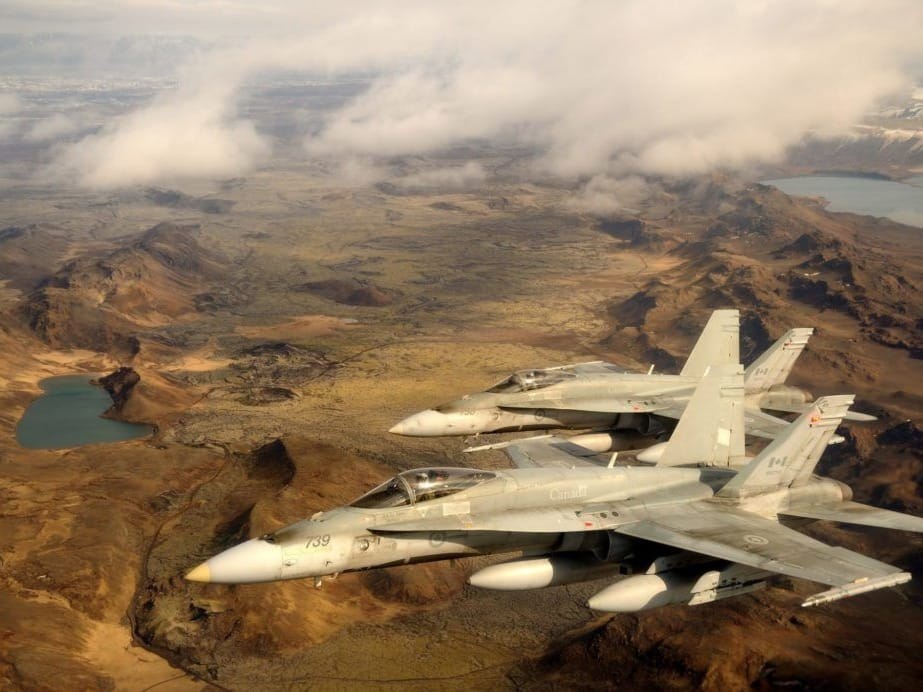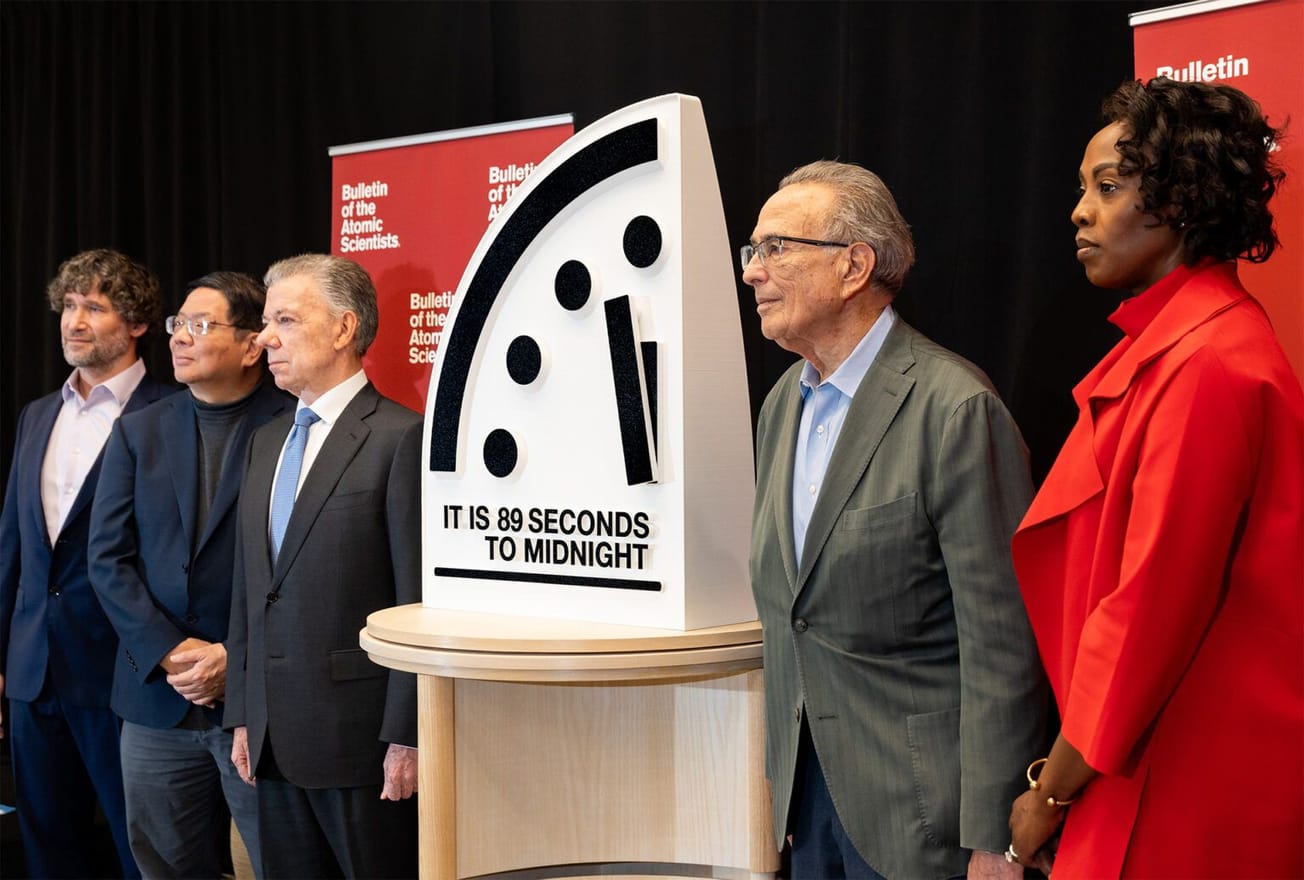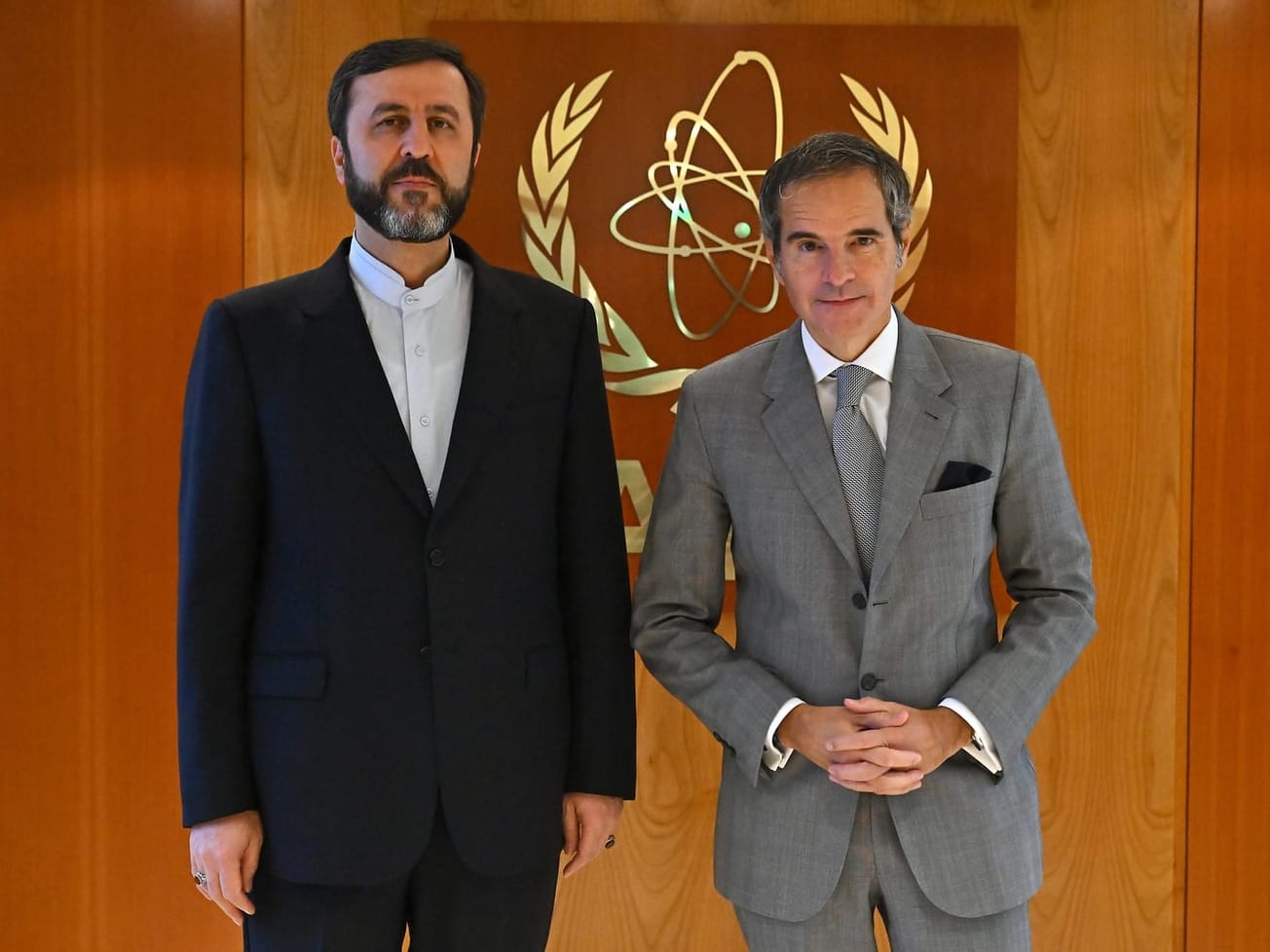WASHINGTON (AN) — Four senior Democrats in the U.S. Congress warned President Donald Trump's administration may withdraw from a 2002 treaty that permits mutual unarmed surveillance flights over 34 nations including Russia and the United States.
Senators Bob Menendez of New Jersey and Jack Reed of Rhode Island and Reps. Eliot Engel of New York and Adam Smith of Washington state wrote Secretary of State Mike Pompeo and Secretary of Defense Mark Esper on Tuesday to strongly oppose any move to withdraw from the Open Skies Treaty.









